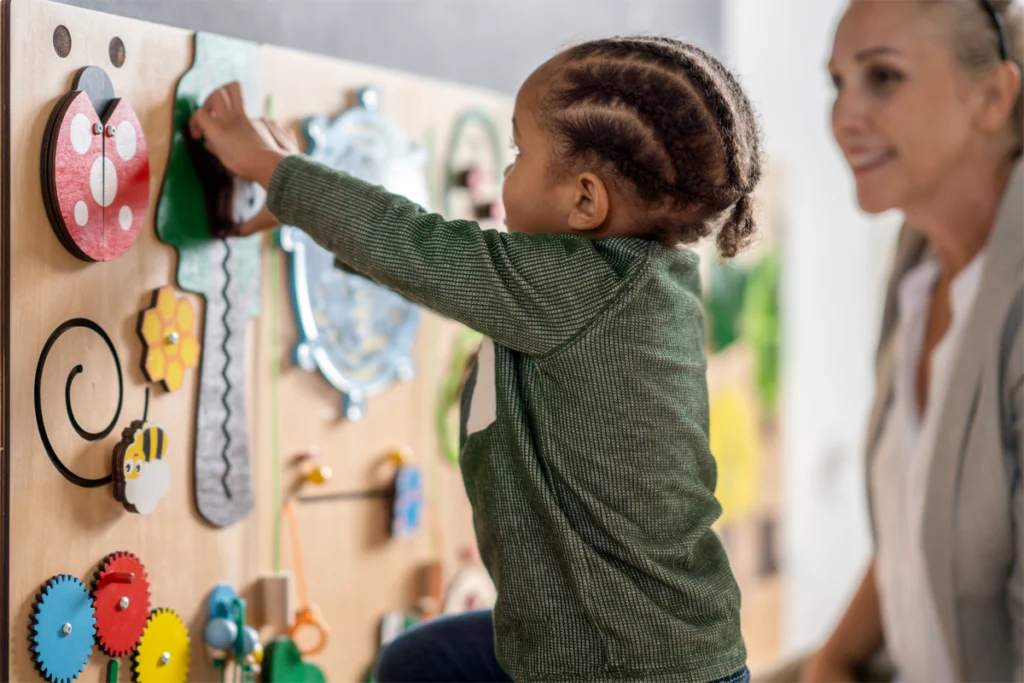Zack Williams is an M.D./Ph.D. student at Vanderbilt University, in Nashville, Tennessee, currently pursuing a joint Ph.D. in neuroscience and hearing and speech sciences. His research focuses on the development and evaluation of psychological measures for use in adults on the autism spectrum. He is particularly interested in the assessment of co-occurring psychiatric and psychosomatic disorders in autistic adults and the development of evidence-based treatments for these conditions.
Zachary Williams
M.D./Ph.D. student
Vanderbilt University
From this contributor
Common sensory response scores may miss important variations
A person’s “overall” score on sensory-seeking, hyperreactive or hyporeactive tendencies may obscure nuances in their individual sensory experience.

Common sensory response scores may miss important variations
Explore more from The Transmitter
Single gene sways caregiving circuits, behavior in male mice
Brain levels of the agouti gene determine whether African striped mice are doting fathers—or infanticidal ones.

Single gene sways caregiving circuits, behavior in male mice
Brain levels of the agouti gene determine whether African striped mice are doting fathers—or infanticidal ones.
Inner retina of birds powers sight sans oxygen
The energy-intensive neural tissue relies instead on anaerobic glucose metabolism provided by the pecten oculi, a structure unique to the avian eye.

Inner retina of birds powers sight sans oxygen
The energy-intensive neural tissue relies instead on anaerobic glucose metabolism provided by the pecten oculi, a structure unique to the avian eye.
Neuroscience needs single-synapse studies
Studying individual synapses has the potential to help neuroscientists develop new theories, better understand brain disorders and reevaluate 70 years of work on synaptic transmission plasticity.

Neuroscience needs single-synapse studies
Studying individual synapses has the potential to help neuroscientists develop new theories, better understand brain disorders and reevaluate 70 years of work on synaptic transmission plasticity.